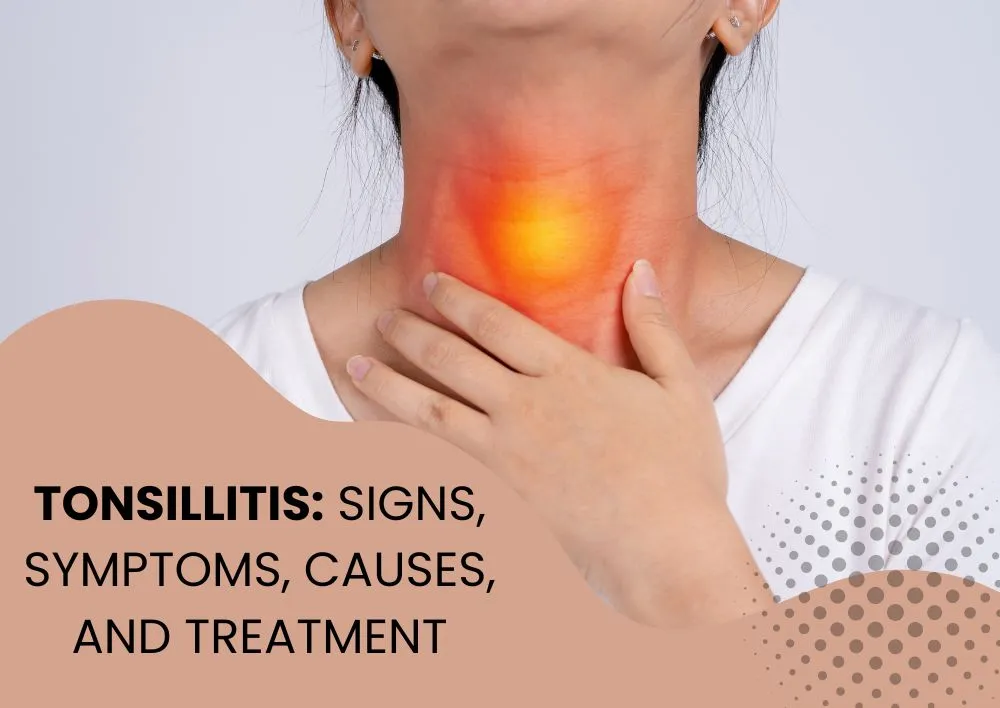By Desmond Nleya
Strep throat is a common bacterial infection that affects the throat and tonsils. It is caused by Group A Streptococcus bacteria and can affect both children and adults. While it is not usually a life-threatening condition, untreated strep throat can lead to serious complications such as rheumatic fever, kidney inflammation, or ear infections. Understanding its symptoms, causes, treatment, and preventive measures is important for managing and avoiding this illness.
Symptoms of Strep Throat
Strep throat symptoms often develop suddenly and may vary from mild to severe. Common signs include:
Sore throat (often severe and persistent)
Pain when swallowing
Red and swollen tonsils, sometimes with white patches or streaks of pus
Tiny red spots on the roof of the mouth
Fever and chills
Swollen, tender lymph nodes in the neck
Headache and body aches
Loss of appetite
Nausea or vomiting, especially in children
Unlike a viral sore throat, strep throat usually does not cause cough, runny nose, or hoarseness.
Causes of Strep Throat
Strep throat is caused by Group A Streptococcus bacteria. The infection spreads easily from person to person, especially in crowded places such as schools, offices, or households. It is transmitted through:
Respiratory droplets: When an infected person coughs or sneezes.
Direct contact: Touching the mouth, nose, or eyes after contact with contaminated surfaces.
Sharing utensils or drinks: Bacteria can spread through shared food, cups, or straws.
Children and teenagers are more likely to get strep throat, but adults can also be affected.
Cure and Treatment
Because strep throat is caused by bacteria, it requires antibiotics for proper treatment. The most commonly prescribed options are penicillin or amoxicillin. These help:
Reduce symptoms quickly
Shorten the duration of illness
Prevent complications
Lower the risk of spreading the infection
In addition to antibiotics, supportive care can ease discomfort:
Rest to allow the body to recover
Hydration with warm liquids and plenty of water
Over-the-counter pain relievers like ibuprofen or acetaminophen for fever and sore throat
Salt water gargles or throat lozenges to soothe irritation
It is important to complete the full course of antibiotics even if symptoms improve, to fully eliminate the bacteria.
Prevention of Strep Throat
Although it cannot always be avoided, simple preventive measures can lower the risk of contracting or spreading strep throat:
Practice good hygiene: Wash hands frequently with soap and water.
Avoid sharing utensils, cups, or towels.
Cover your mouth and nose when coughing or sneezing.
Disinfect commonly touched surfaces, especially in schools or workplaces.
Stay home when sick to prevent spreading the bacteria.
Boost immunity by eating a balanced diet, exercising, and getting enough sleep.
Strep throat is a highly contagious bacterial infection that requires prompt medical attention. Recognizing its symptoms early and seeking treatment with antibiotics can prevent complications and speed up recovery. By practicing good hygiene and taking preventive steps, individuals can significantly reduce the risk of infection and keep their families and communities healthy.


